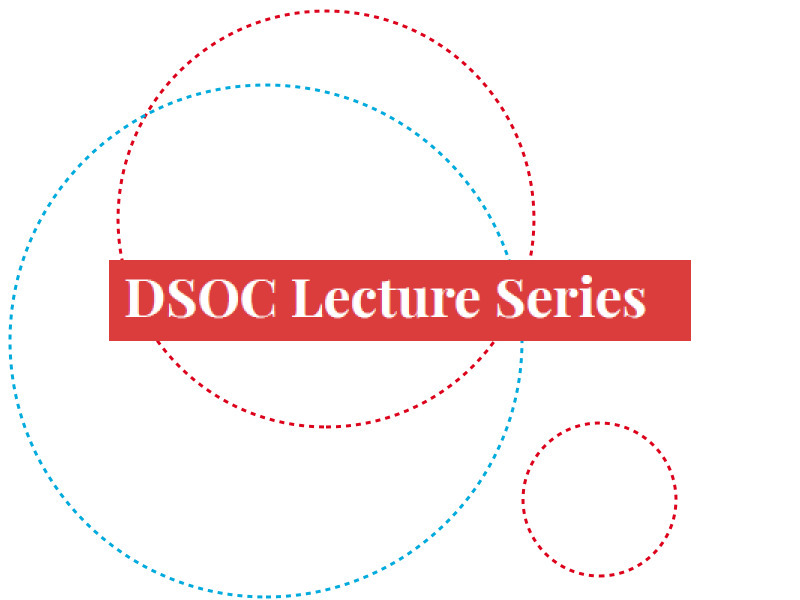Transitions to decarbonized energy systems are macroscopic changes that are affected by and also reshape social policy and social
inequality. This lecture presents scenarios for energy transitions, drawing on comparisons to historical macroscopic disruptions: deindustrialization, the transition to capitalism in former Soviet countries, and environmental disasters. In all three kinds of partially-exogenous shocks, human institutional arrangements and stratified social life explain the distribution of human health and well-being during and after the shock. This sociological approach to energy transitions is then applied to the case of the United States Gulf Coast, which is currently in the early stages of transitioning to a lower-carbon energy system. We report findings from a year-long study of the Gulf Coast, including 80 in-depth interviews, applied fieldwork, remote participant observation, infrastructure analysis, economic modeling, demographic description, and an original network analysis of oil and gas firms operating in the region. We argue that while a just energy transition in this difficult-to-decarbonize region is imaginable and plausible, the region’s institutions and inequalities create serious barriers that must be better understood and addressed if its energy transition is to be successful.
Meeting link:https://unilu.webex.com/unilu/j.php?MTID=m22002c6d0c50e4c4077d39483d827801
Meeting number: 2732 928 7628
Password: KJnJ36Ppuv3
